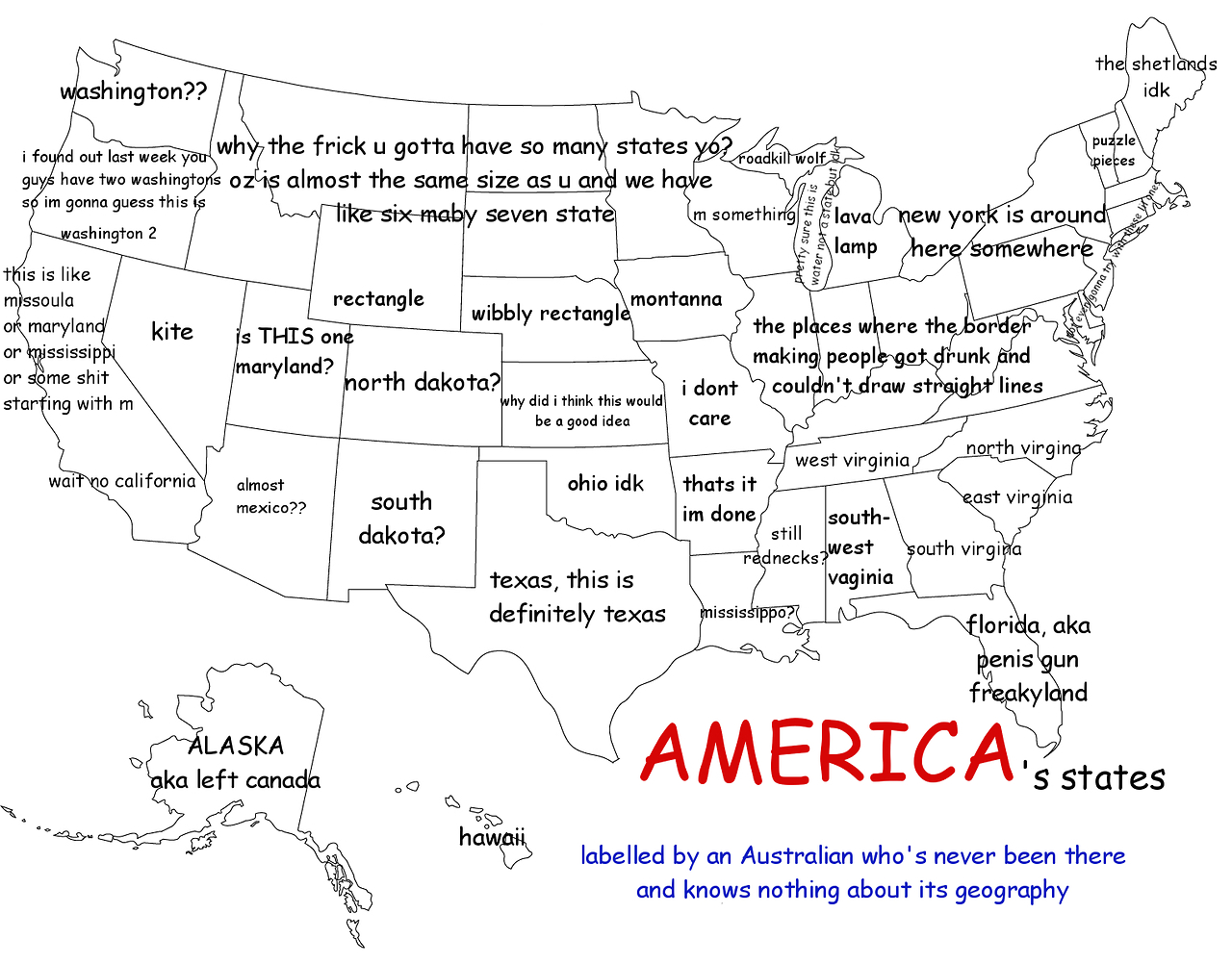Handy Nasty
From Perry Link, who recently delivered a lecture entitled "How Important is Internet Satire in China?" (October 29, 2013 [see below for abstract]) at Penn:
A note for the true-story joke section of your language log: My son and daughter-in-law were invited to my after-talk dinner at the Han Dynasty restaurant there on Market St. They googled the place for directions, not using spaces, and then thought: "Hey, wait a minute! Why are we going to a restaurant named the Handy Nasty?
Read the rest of this entry »
Greek conversation
Athanasia Chalari, "Greeks are ready to change", The Economist (Prospero) 10/24/2013:
Another interesting point about the difficulty in reaching a consensus has to do with social linguistics, how Greeks talk. […]
Greeks are very loud and they interrupt each other very often. The reason for that is the Greek grammar and syntax. When Greeks talk they begin their sentences with verbs and the form of the verb includes a lot of information so you already know what they are talking about after the first word and can interrupt more easily.
The reader who sent in this link noted:
Seems wrong to me–a quick look at WALS finds verb-first languages pretty even scattered over the world, plus many languages that pack more into the average word than Greek does its verbs, but I didn't have the time to test the claim thoroughly. But maybe you could do it, since you have a lot more information about turn-taking than I do. I was just skeptical that Greek is really that unusual in being 1) verb first and 2) relatively synthetic, so that one gets a lot of information out of the way in the first word of a sentence. (And all those verb-first, synthetic languages could just as easily lead to nice, harmonious exchanges of short sentences. I can imagine being more likely to interrupt if the crucial bits were at the end, since I would be inclined to say "get on with it!" or "You're wrong!" out of impatience.)
Read the rest of this entry »
Ingilizce, a Chinese novel about English in Turkish translation
I'm surprised that, until today, I had never heard of the novel entitled Yīnggélìshì 英格力士 (English) by Wáng Gāng 王刚, which was published in 2004. Now, thanks to Bruce Humes's article, "The 2013 Istanbul Book Fair, Xinjiang Connections and 'English'", posted November 3 on his blog called "Altaic Storytelling: Tales from Istanbul to Heilongjiang", I'm delighted to learn about this fascinating book.
Read the rest of this entry »
French seafood shucking soon
Jeroen van de Weijer writes, "This morning I came across two signs in my street, Mengzi Lu in Shanghai":
Read the rest of this entry »
Edenics
Hezy Laing, "Examining Edenics, the Theory That English (and Every Other Language) Came From Hebrew", The Tablet 10/31/2013:
What if one day, instead of speaking hundreds of different languages, all of humanity suddenly began speaking the exact same language? More incredibly—what if we already do? A new movement called “Edenics” makes the claim that modern day English is simply a derivative of biblical Hebrew. In fact, the proponents of this theory say that all human languages are simply offshoots of Hebrew and claim to have thousands of examples to back them up.
Read the rest of this entry »
Better directly: unh?
Anyone who loves language will surely cut a lot of slack for a magazine that will describe the Sunday Assemblies (increasingly popular non-religious Sunday gatherings of atheists in England) as "non-prophet organizations" (The Economist, 26 October 2013, p.34). It remains my favorite magazine, and its delicious puns are only part of the reason. But what the hell is going on with language like this (same issue, p.15)?
This newspaper has argued before that it is better directly to tax investors, workers and consumers.
Better directly? What does that mean? I had to go back a few words and re-read.
Read the rest of this entry »
Permalink Comments off
Za stall in Newtown
Together with his "greetings from small-town Japan", Chris Pickel sent in this photograph of a sign, which was put up in his neighborhood for the aki-matsuri 秋祭り ("autumn festival").
Read the rest of this entry »
Legal scope again
According to 35 USC § 271 (a):
Except as otherwise provided in this title, whoever without authority makes, uses, offers to sell, or sells any patented invention, within the United States or imports into the United States any patented invention during the term of the patent therefor, infringes the patent.
A petition for a writ of certiorari, dealing in part with the semantic interpretation of this sentence, is now pending before the Supreme Court. The critical question is how to interpret the adverbial adjunct "within the United States" as applied to the phrase "offers to sell". Does it constrain the location of the offering, or the location of the selling, or perhaps both?
Read the rest of this entry »
Buckwheat noodles enema and other delectables
Coming off our "Dynamic stew" high, it is a bit of a letdown to encounter "buckwheat noodles enema" on the menu of a Shanxi restaurant in Beijing.
Fuchsia Dunlop introduces us to this and other exotic delicacies in her "Fancy a buckwheat noodle enema?"
Read the rest of this entry »
The Gladwell pivot
Below is a guest post by Mark Seidenberg on Malcolm Gladwell's recent book, David and Goliath, which promotes the idea that apparent disadvantages are often actually advantages, and in particular suggests that dyslexia might be Good For You.
This piece is commentary on a chapter about dyslexia in Malcolm Gladwell’s latest book. I don’t follow his work closely, and the book is being reviewed and critiqued everywhere, but I thought the chapter merited a response from somebody, like me, who studies dyslexia and works with local advocacy groups for dyslexics and their families. The chapter deserves s a line-by-line analysis; what I’ve written only mentions the main issues. The document incorporates several key points that were handed to me by Maryellen MacDonald, for which I thank her, a lot.
__________________________Mark Seidenberg
__________________________Language and Cognitive Neuroscience Lab
__________________________University of Wisconsin-Madison
Read the rest of this entry »




